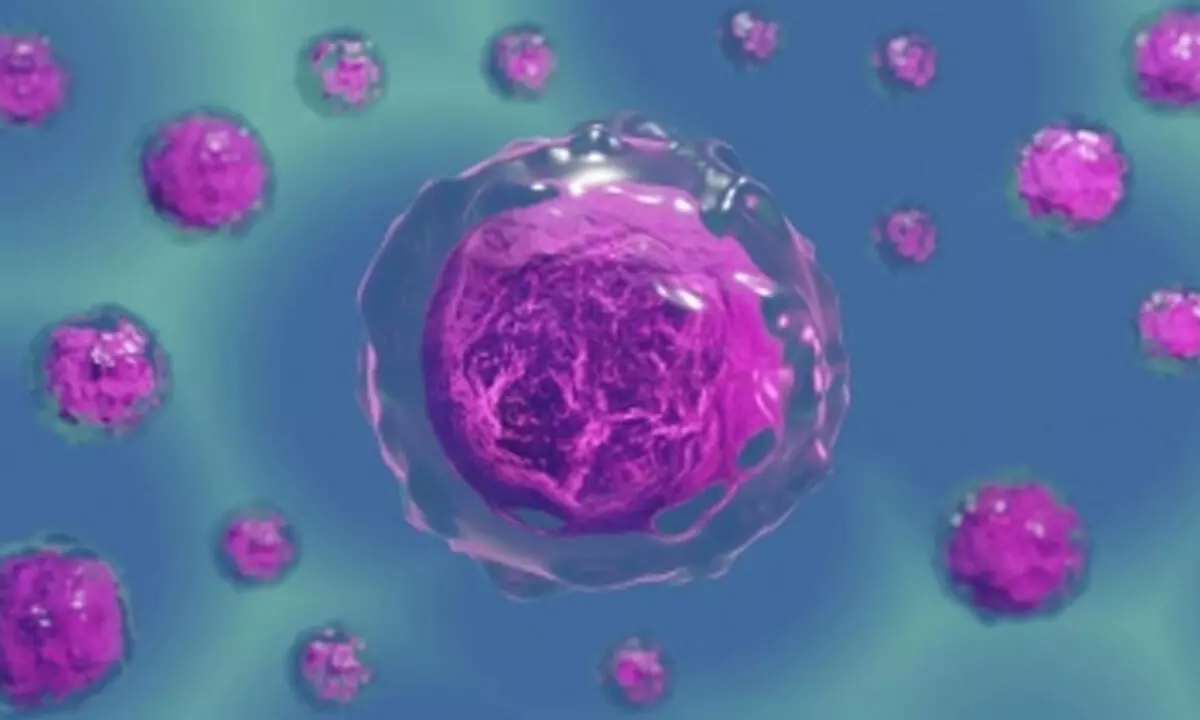Novel medication more effective for patients with relapsed blood cancer
Share :

The hematopoietic cell transplant team at Osaka Metropolitan University Graduate School of Medicine has developed a novel technique based on a new drug combination that has shown considerable anti-cancer activity with low toxicity for relapsed/refractory acute myeloid leukemia (AML) patients.
New Delhi: The hematopoietic cell transplant team at Osaka Metropolitan University Graduate School of Medicine has developed a novel technique based on a new drug combination that has shown considerable anti-cancer activity with low toxicity for relapsed/refractory acute myeloid leukemia (AML) patients.
Furthermore, the precise immunological study demonstrated how a novel medicine increased anti-cancer activity via altering immune cells.
Relapsed/refractory acute myeloid leukemia, also known as blood cancer, has an extremely poor prognosis due to resistance to anticancer medicines and the patient's organ function. Allogeneic hematopoietic cell transplantation is a method of anti-tumour immunotherapy that can have an anti-cancer impact but is associated with substantial toxicity.
It is frequently used for patients who are difficult to treat with chemotherapy but still relapse.
In research published in the Nature-affiliated Blood Cancer Journal, the researchers describe their clinical observational analysis of 12 patients with AML who relapsed following allogeneic hematopoietic cell transplantation and were treated with venetoclax and azacitidine.
Venetoclax, an oral medication approved by the FDA in October 2020 for AML, shows promising results in older, untreated AML patients by inhibiting the BCL-2 protein to promote cancer cell death.
A study by OMU researchers demonstrated significantly better one-year survival rates for the venetoclax combination therapy group (66.7 per cent) compared to a control group (27.3 per cent). Immunological studies revealed that venetoclax-induced immune cell alterations enhanced anti-tumor activity.
Dr Mitsutaka Nishimoto highlighted the potential of this novel therapy to improve the prognosis of relapsed/refractory AML and reduce treatment burdens, aiming for safer and more effective treatments.









